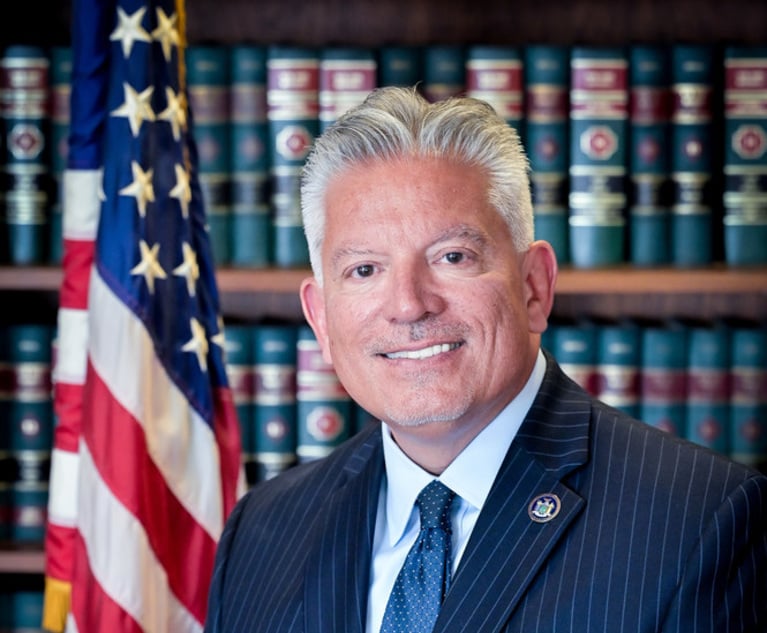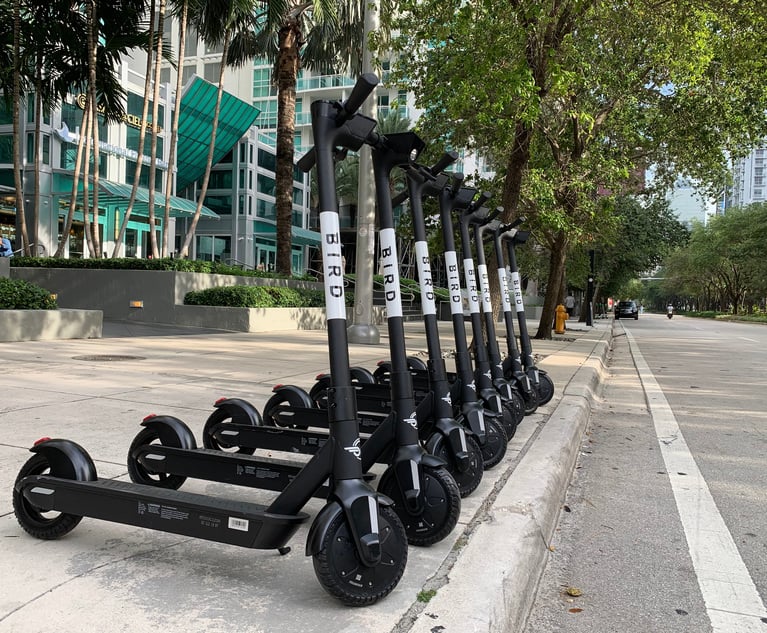 The #MeToo movement has brought greater attention to victims of sexual abuse. Media outlets focus on allegedly pervasive misconduct and the public demands that time restrictions on criminal and civil actions be stayed or lifted. Recently, Governor Cuomo signed the Child Victims Act which: (1) extends the time to bring felony charges by five years (until the victim turns 28); (2) allows victims to seek civil relief against abusers and enabling institutions until they turn 55 (expanding, significantly, the earlier five-year statute of limitations); (3) opens a one-year/one-time window, beginning Aug. 14, 2019, for victims to seek compensation regardless of the abuse date; and (4) removes the 90-day notice-of-claim requirement for bringing claims against municipalities and school districts for child sexual abuse claims. As a result of this type of legislation, civil suits stemming from these sexually-based offenses will undoubtedly flourish, thereby exposing academic institutions, religious institutions, employers, and municipal entities to claims alleging negligence with respect to the hiring, supervision, and retention of the alleged perpetrators.
The #MeToo movement has brought greater attention to victims of sexual abuse. Media outlets focus on allegedly pervasive misconduct and the public demands that time restrictions on criminal and civil actions be stayed or lifted. Recently, Governor Cuomo signed the Child Victims Act which: (1) extends the time to bring felony charges by five years (until the victim turns 28); (2) allows victims to seek civil relief against abusers and enabling institutions until they turn 55 (expanding, significantly, the earlier five-year statute of limitations); (3) opens a one-year/one-time window, beginning Aug. 14, 2019, for victims to seek compensation regardless of the abuse date; and (4) removes the 90-day notice-of-claim requirement for bringing claims against municipalities and school districts for child sexual abuse claims. As a result of this type of legislation, civil suits stemming from these sexually-based offenses will undoubtedly flourish, thereby exposing academic institutions, religious institutions, employers, and municipal entities to claims alleging negligence with respect to the hiring, supervision, and retention of the alleged perpetrators.
While any litigation can hobble a company and its insurance carrier, sex-based accusations create a particularly significant exposure, and the defending entity’s ability to mitigate the associated costs may ultimately determine whether it survives. In 2018, for example, USA Gymnastics saw fit to declare bankruptcy in response to litigation over Larry Nassar’s sexual abuse of young female athletes.






